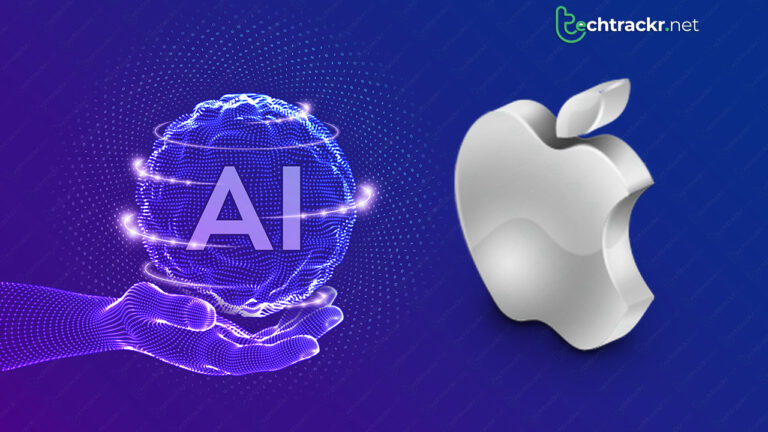
To play catch-up in the generative AI arena, Apple plans to introduce tools for app development in Xcode, along with additional enhancements to its suite of productivity apps.
The swift rise and significant influence of ChatGPT, coupled with tech competitors like Google enhancing their AI endeavors, have led many to believe that Apple is lagging in this technology. Nevertheless, there’s a chance that Apple might unveil some of its initiatives to the public and developers by summer.
Mark Gurman mentioned in the “Power On” newsletter from Bloomberg that Apple intends to showcase its progress at WWDC in June, incorporating changes as part of iOS 18. The feature lineup is expected to involve additions like auto-summarizing and auto-complete tools for core apps like Pages and Keynote. AI elements will be integrated into apps such as Apple Music, automating playlist creation. Additionally, Siri is slated for a “big overhaul.”
The updates won’t just focus on what users see; there’s also talk of an upgraded version of Xcode that could be a boon for developers. This version is expected to include tools utilizing AI to assist developers in completing code, making the process of creating future apps more streamlined.
Furthermore, it seems AppleCare employees might reap the rewards of these changes, as there are indications of an AI-driven troubleshooting system being in the works. Apple’s plans for generative AI won’t come to fruition right away, and it might take until 2025 for Apple to fully bring its vision to life.
Although user-accessible features seem to be in the pipeline, there are also reports indicating that Apple is actively working on enhancing its generative AI offerings in various other ways. Back in December, there were reports that Apple reached out to news publishers to get access to their archived content, specifically for training its AI systems. Instead of scraping content without permission, Apple expressed its intention to pay for the access it needed.
In that same month, a paper was published showcasing methods to generate “Human Gaussian Splats,” which are essentially digital avatars of individuals. The technique relied on as little as two seconds of video as input, and it could generate an avatar within just 30 minutes.
